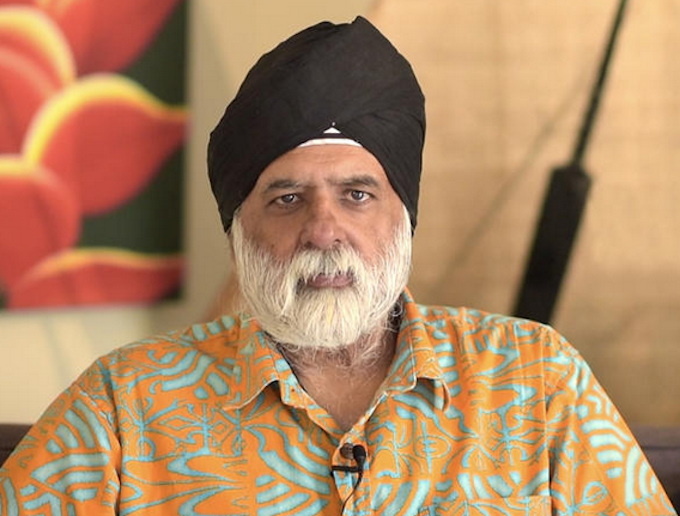
By RNZ Pacific
The deported vice-chancellor of the University of the South Pacific says booming student enrolments are a vote of confidence in the regional institution.
Professor Pal Ahluwalia said numbers were up 23 percent on last year.
Professor Ahluwalia was arrested and deported with his wife last week by Fiji authorities.
The lack of consultation by Fiji with other regional government partners in the 12-nation university has led to a formal USP Council investigation.
Professor Ahluwalia said the “saga” was a distraction from the strong performance of the university.
Despite his sidelining, he said it was good to see the university flourish.
“It shows that our students are voting with their feet. I’ve been making this very clear that the USP is bigger than any single person and I’m confident that if and when I’m allowed to return to my position, wherever it is, that we will just become stronger and stronger.”
Professor Ahluwalia said he was proud of the USP’s executive, directors and academic staff for achieving such strong results.
“I’m confident the team will get the academic year off to a strong start despite my recent arrest in Fiji and deportation to Australia,” he said.
The actions of the Fiji government and USP Council representatives are being being investigated by a subcommittee of the regional institution.
Response to deportation in Fiji
Fiji’s Law Society and a human rights coalition have joined the widespread condemnation of the arrests and deportation of Ahluwalia and his wife Sandra Price.
The NGO Coalition for Human Rights said the extreme force employed by Immigration officials and police was unacceptable and unjustified.
The deportations come after months of tensions between the university and the Fiji government, with staff and student protests erupting in June following the removal of Professor Ahluwalia and ongoing allegations of corruption and financial mismanagement by him against the former administration.
The coalition said the strong-armed approach by government did not reflect democratic principles or the human rights values Fiji championed in its role as president of the UN Human Rights Council.
Meanwhile, Fiji’s Law Society said deportation was not an answer to allegations of impropriety.
It called on the government to follow the rule of law, saying no authority should exercise undue force when there were mechanisms to deal with such matters.
This article is republished under a community partnership agreement with RNZ.









































